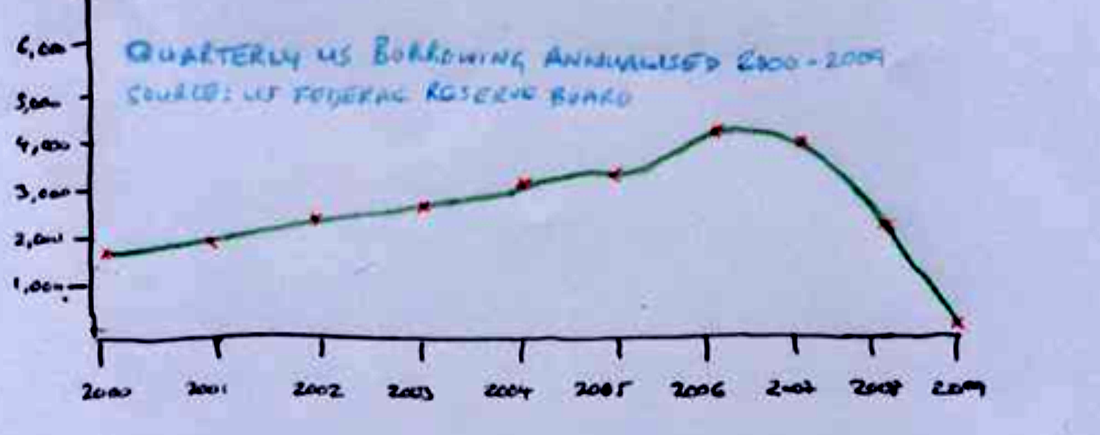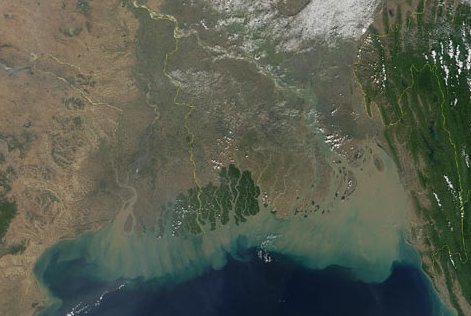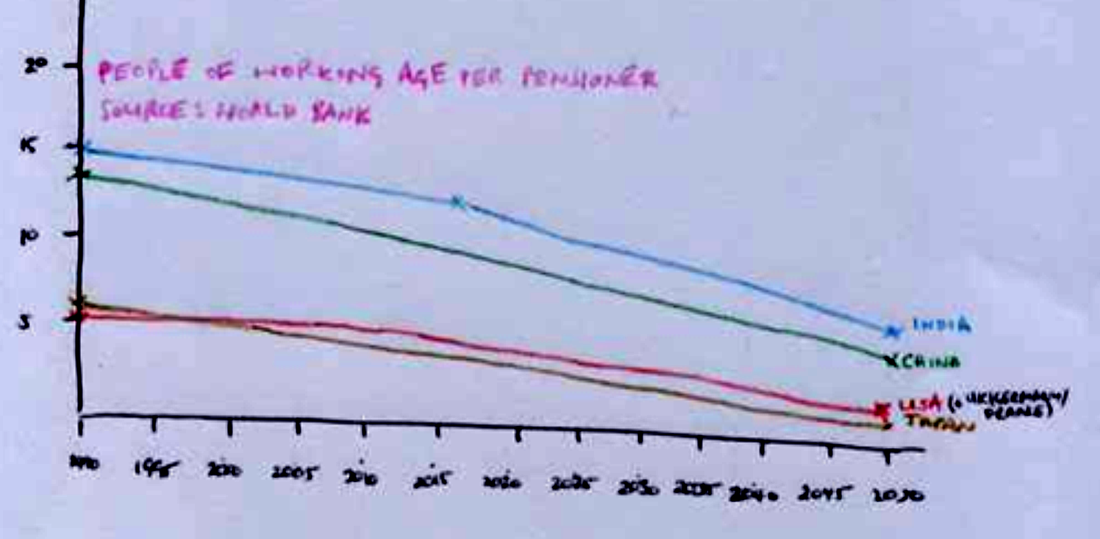My one liner: Paul Auster is my favourite American author. As with much of his work, appeals to NYC-lovers. An abandoned house in Sunset Park, Brooklyn provides Miles Heller the setting to work through his tormented past. A vignette of financial-crisis-ridden America.
Miles Heller, 28, has run away from a sad past, and finds himself washed up in a dead-end job in the middle of recession-plagued Florida.
“The work is called trashing out, and he belongs to a four-man crew employed by the Dunbar Realty Corporation, which subcontracts its “home preservation” services to the local banks that now own the properties in question. The sprawling flatlands of south Florida are filled with these orphaned structures, and because it is in the interests of the banks to resell them as quickly as possible, the vacated houses must be cleaned, repaired, and made ready to be shown to prospective buyers.”
A roadside teenage bust-up that led to the death of his step-brother, eventually made him quit his degree and his New York home seven years ago, and he has not spoken to his father or step-mother since. His mother, an actress, left home when he was young, and although throughout the story he maintains some contact with her, it is a relationship of exceptionally low quality.
In Florida he “adopts” teenage lover Pilar Sanchez, a girl from a working class and somewhat unsettled Latino family, and encourages her to fulfil her academic potential and apply to Ivy League schools. You feel that he is using her to fill a missing piece of his own life. Then the bombshell. A blackmail threat by Pilar’s big sister to Miles. Forcing Miles to go on the run again.
Heller and his father are both baseball fanatics, and the book is peppered with baseball stats which to the non-afficionado can be a little bewildering. But there is a point that Auster wants to make. Baseball player Herb Score’s obituary appears in the paper – his career was cut short in 1957 by an on-field injury, and the obituary says that his whole life was plagued by one unfortunate incident after another. Contrast another player “Lucky Lohrke” who, still alive, has survived the most unbelievable accidents both during and after the war. Auster is telling us that life is as much fate as it is will.
Nathan Bing is the ever-present character who is the connector of the plot. Miles’ childhood friend, still living in NYC, proprietor of the bric-a-brac store “Hospital for Broken Things ”, and provider to Miles of regular updates about his father and step-mother.
“He is the warrior of outrage, the champion of discontent, the militant debunker of contemporary life who dreams of forging a new reality from the ruins of a failed world. Unlike most contrarians of his ilk, he does not believe in political action.”.
Forced by economic reality to look for a new apartment he comes across an abandoned house in Sunset Park, and persuades Ellen the real estate agent who shows it to him to squat with him there. All they need to do is find
two more “tenants”. And given Miles’ need to leave Florida, the timing is perfect for Miles to join the squat. He will be back for Pilar when the time is right, he assures her.
The story takes us to Brooklyn, the inhabitants of the house in Sunset Park, and their inter-relationships, including the inevitable amorous liaisons. And of course it takes Miles geographically closer to his father, who is having his own marital issues and other personal and professional setbacks. Will he be able to reconcile with his father ? Will he confess to what happened on that fateful night of the death of his step-brother ? Will he be able to find happiness with Pilar ? Even if you do believe that life is mostly fate, does that really give you a licence to opt out entirely ?
Auster’s characters are always real. Even the peripheral ones have substance, which means that the digressions into their lives are also worth making, even when this does not directly move the plot forward. A short and easy read book, but you feel like you have covered alot of ground by the end, and you have a
better insight into contemporary America.
The wikipedia link to the book is here.






 RSS Feed
RSS Feed
